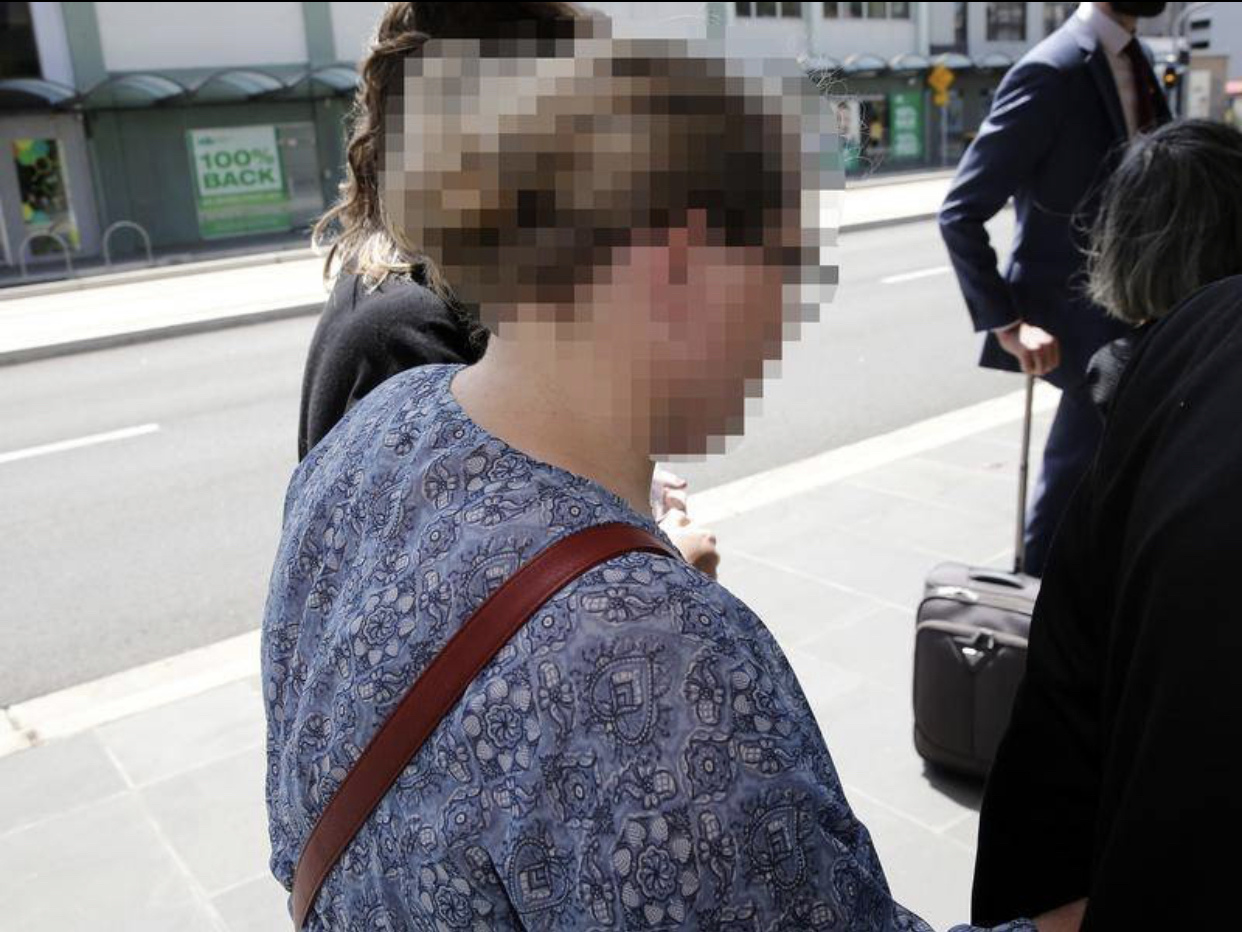Share This Article
ArrayBy Sahar Adatia and Jimmy Singh.
Imagine being poisoned by your very own parent.
It seems the inconceivable, and frightening at best, but in this strange world that we live in, cases are unearthing in which parents, rather than nurturing their children, have been discovered allegedly administering poisonous substances to them instead.
Last week, a woman from NSW’s Hunter region faced Newcastle District Court, accused of injecting her sick daughter with urine and poisoning her with laxatives.
The 47-year-old mother, a former nurse who cannot be named in order to protect the young girl from her identity, was found not guilty on all counts.
How the Mother Came to be Investigated by Police on Suspicion of Poisoning her Daughter
It is reported that in 2014, police investigations commenced following apprehension from medical workers at Sydney Westmead Hospital and the John Hunter Children’s Hospital, who expressed concerns that the mother might be furtively poisoning her ill daughter with large doses of osmotic laxatives and infusing urine into her venous line.
The young girl suffered a genetic immune deficiency illness and frequently required hospitalisation, which occurred from age two to nine.
She often experienced unexplained diarrhoea and renal failure.
It is alleged the incidents took place between 2013 and 2015 with a treating doctor believing the girl’s presentation became more unusual as time went on.
Court Hears Evidence from Various Medical Experts in Gastroenterology and Paediatrics
At the woman’s hearing, who faced a judge-only trial (without a jury) on one count of administering a noxious thing that endangered life and two counts of administering a noxious thing with the intent of injuring her daughter, the court heard from various experts in the medical fields of gastroenterology and paediatrics.
They concluded that the evidence they discovered strongly indicated the symptoms the girl experienced had been provoked.
Furthermore, their suspicions of the mother’s involvement had strengthened as the young girl’s condition seeming to drastically improve once she was parted from the woman.
Meanwhile, in March 2015, medical supplies, including a urine sample container and syringes were uncovered in the mother’s handbag.
However, the mother claimed she had merely collected the medical supplies when her daughter was transferred from another hospital to Westmead.
She told police she missed her role of a nurse and enjoyed being enmeshed in looking after her child.
Mother Found Not Guilty at End of Four-Hour Judgement; Sheds Tears Upon Verdict
It took a gruelling four-hour judgement of trudging through intricate medical evidence for Judge Christopher Robison to deliver his verdict that he was not satisfied with the Crown’s case, deeming the woman not guilty of endangering the life of her daughter.
There were several factors that Judge Robison took into account.
Firstly, he noted that the doctors handling the case had dismissed ordering a test that had the potential to prove the girl’s symptoms were induced.
He also took into consideration that the girl, who is now 14, verified that she ongoingly suffered from diarrhoea, which would occur episodically and would suddenly start and stop.
Ultimately, Judge Robison reached a decision that the continent evidence afforded could not prove beyond reasonable doubt that the girl’s ailments were not instigated by something else.
“The Crown has failed to exclude the innocent, rather than a nefarious cause,” he said.
The mother was visibly tearful as Judge Robison declared the not guilty verdicts.
Her lawyer expressed that her client suffered considerably during the trial.
The mother was forced to sell her house to pay for legal representatives, and in 2015, had her child removed from her care.
The mother released a statement in which she thanked her husband and family for supporting her innocence.
To discuss this topic of law further, contact CDLA to arrange a chat with an experienced criminal lawyer in Sydney.
Law on Using Poison to Endanger Life or Cause GBH in NSW
In NSW, it is a crime to use poison, intoxicating substance or other destructive or noxious thing to endanger life or inflict grievous bodily harm on a person.
This offence can occur by a person intentionally injuring a person or recklessly injuring a person, according to section 39 Crimes Act 1900 (NSW).
A person can be considered to recklessly doing this if he/she had realised the possibility of causing injury, yet committed the act that allegedly caused it regardless.
It is taken very seriously by the courts and as such attracts harsh penalties, which includes a maximum penalty of 10 years in jail with a criminal conviction/record.
“Grievous bodily harm” is understood as really serious harm, such as a permanent and serious disfigurement and includes internal organ damage.
To be found guilty of the offence of using poison to endanger life or inflict grievous bodily harm in NSW, the prosecution must prove beyond reasonable doubt that you:
- Administered or caused another person to take poison, intoxicating substance or other destructive or noxious thing; and
- It endangered the life or inflicted grievous bodily harm to the other person; and
- This was done either to intentionally or recklessly cause injury to the other person.
Book a Lawyer Online
Make a booking to arrange a free consult today.
Call For Free Consultation
Call Now to Speak To a Criminal Defence Lawyer
Over 40 Years Combined Experience
Proven SuccessAustralia-Wide
Experienced LawyerGuarantee
 (02) 8606 2218
(02) 8606 2218
 (02) 8606 2218
(02) 8606 2218














